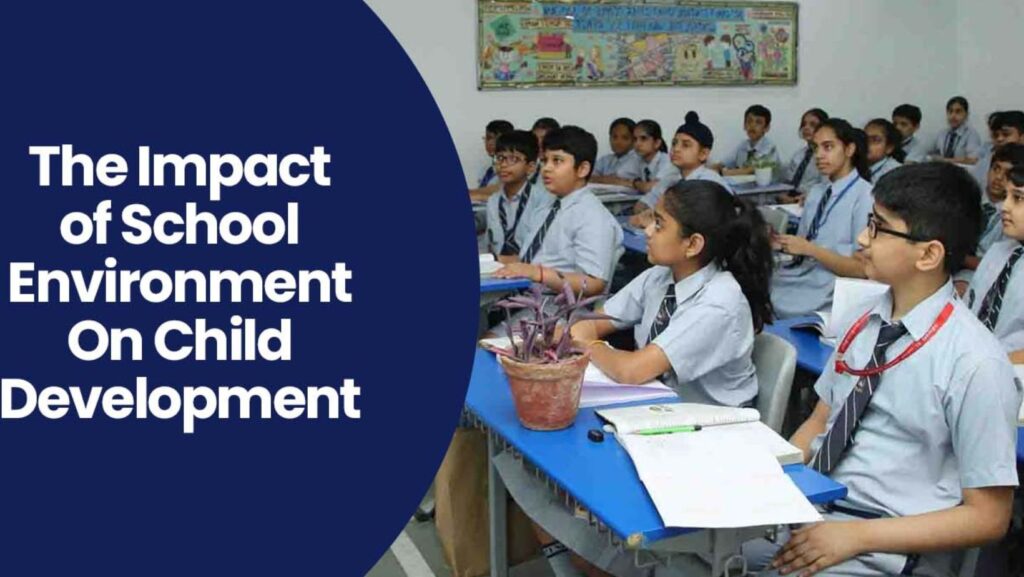Child Development Schools
Child development schools play a crucial role in shaping the minds and behaviors of young learners. These specialized institutions focus on providing holistic education, incorporating social, emotional, physical, and cognitive development into their curriculum. By tailoring teaching methods to suit each child’s unique needs, these schools create an environment where students can thrive and reach their full potential.
One key aspect that sets child development schools apart is their emphasis on play-based learning. Through interactive activities and hands-on experiences, children are encouraged to explore, experiment, and discover concepts in a fun and engaging way. This approach not only fosters creativity but also enhances critical thinking skills from an early age.
Moreover, child development schools often prioritize parental involvement as they recognize the significant impact of family support on a child’s growth. By fostering strong partnerships between educators and parents, these schools create a cohesive support system that ensures consistency in a child’s learning journey. This collaborative effort helps reinforce lessons learned at school within the home environment, promoting continuity in the child’s overall development.
In this context, platforms like Senploy can be a valuable resource for educators and parents alike, providing a dedicated space for finding and applying to SEN teaching jobs. This can further enhance the quality of education provided in child development schools.

The Importance of Early Childhood Education
Early childhood education lays the foundation for a child’s future success. It plays a crucial role in shaping their cognitive, social, and emotional development. Here are some key reasons why investing in early childhood education is vital:
- Brain Development: During the early years, children’s brains are rapidly developing. Quality education programs can stimulate brain growth, fostering essential skills like language acquisition and problem-solving.
- Social Skills: Interacting with peers and educators in a structured setting helps children develop important social skills such as sharing, empathy, and teamwork.
- Long-Term Benefits: Research shows that children who receive quality early childhood education are more likely to perform better academically, have higher graduation rates, and even earn more income later in life.
Statistics on Early Childhood Education
Let’s take a look at some compelling statistics highlighting the impact of early childhood education:
| Statistic | Value |
| Children enrolled in pre-K programs | 1.5 million |
| Increase in high school graduation rate | Up to 25% higher |
| Economic return on investment | $7-$12 for every $1 spent |
In conclusion, investing in early childhood education is not just beneficial for individual children but also for society as a whole. By providing young learners with a strong educational foundation, we set them up for lifelong success and contribute to building a brighter future for everyone.

Key Developmental Milestones in Children
When it comes to child development, understanding key milestones is crucial. These markers provide insights into a child’s growth and help caregivers and educators track progress effectively.
Physical Development
- Motor Skills: From crawling to walking, children achieve significant milestones in motor skill development.
- Growth Patterns: Monitoring height and weight changes can indicate healthy physical development.
Cognitive Development
- Language Acquisition: The ability to communicate evolves rapidly during early childhood.
- Problem-Solving Skills: Children start solving puzzles and simple problems independently.
Social and Emotional Development
- Empathy Building: Understanding others’ emotions becomes more pronounced.
- Social Interactions: Forming friendships and playing cooperatively are vital social milestones.
Behavioral Development
- Self-Control: Learning to manage impulses and emotions is a critical developmental milestone.
- Responsibility: Taking on small tasks helps children learn accountability.
Tracking these key developmental milestones allows for early intervention if any delays are observed. Observing a child’s progress across these areas provides valuable insights into their overall well-being.
Remember, every child develops at their own pace, so while milestones offer guidance, it’s essential to celebrate each child’s unique journey.
Throughout this article, we’ve delved into the realm of child development schools, exploring their significance in shaping young minds. Here are some key takeaways:
- Child development schools play a crucial role in providing a supportive environment for children to learn and grow.
- By focusing on holistic development, these schools nurture not just academic skills but also social and emotional well-being.
- The dedicated efforts of educators in child development schools help lay a strong foundation for future success.

